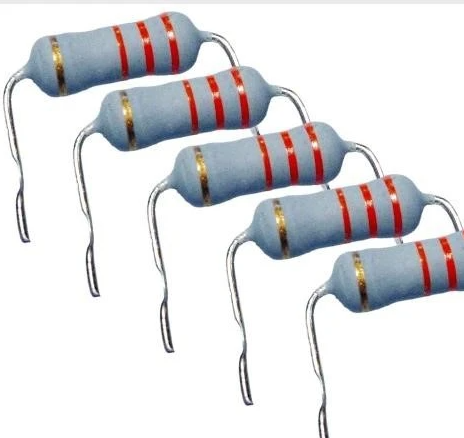In the fast-paced world of technology, sensors stand out as vital electronic components, integral in numerous domains. Their primary role? To perceive and react to environmental shifts - light, heat, humidity, pressure, and more - transforming these variations into data comprehensible to humans and machines alike.
1. Working principle of the sensor
The essence of a sensor's operation lies in environmental parameter detection and signal conversion. Consider the photosensitive resistor (LDR), a prevalent sensor. Its resistance fluctuates with changing external light intensity. More light? Lower resistance. Less light? The resistance climbs. This trait enables the LDR to quantify light. Connected to a voltage divider, the LDR enables control and measurement of voltage alterations, yielding precise light intensity data.

2. Application requirements and challenges of sensors
Sensors, while structurally straightforward, necessitate precise input voltages and control systems for effective functioning. Different sensors, with varied operational ranges and sensitivities, risk damage if mishandled or overstressed. Precise control and adjustment of input conditions are pivotal in sensor design and utilization. Notably, sensors are low-energy yet excel in sensitivity and performance.
3. Future applications of sensor technology
As technological frontiers expand, sensors are increasingly pivotal in our daily lives. Globally, engineers and scientists harness sensor technology, enhancing transportation, medical procedures, nanotechnology, mobile devices, and even virtual and augmented reality. Significantly, sensor technology is a cornerstone in the burgeoning field of artificial intelligence (AI), driving innovation and technological strides.
Overall, sensors are a linchpin in modern electronics, invaluable in technological advancement and life quality enhancement. With the advent of new technologies and the refinement of existing ones, the future will likely see an even greater reliance on sensors in technological innovations.
